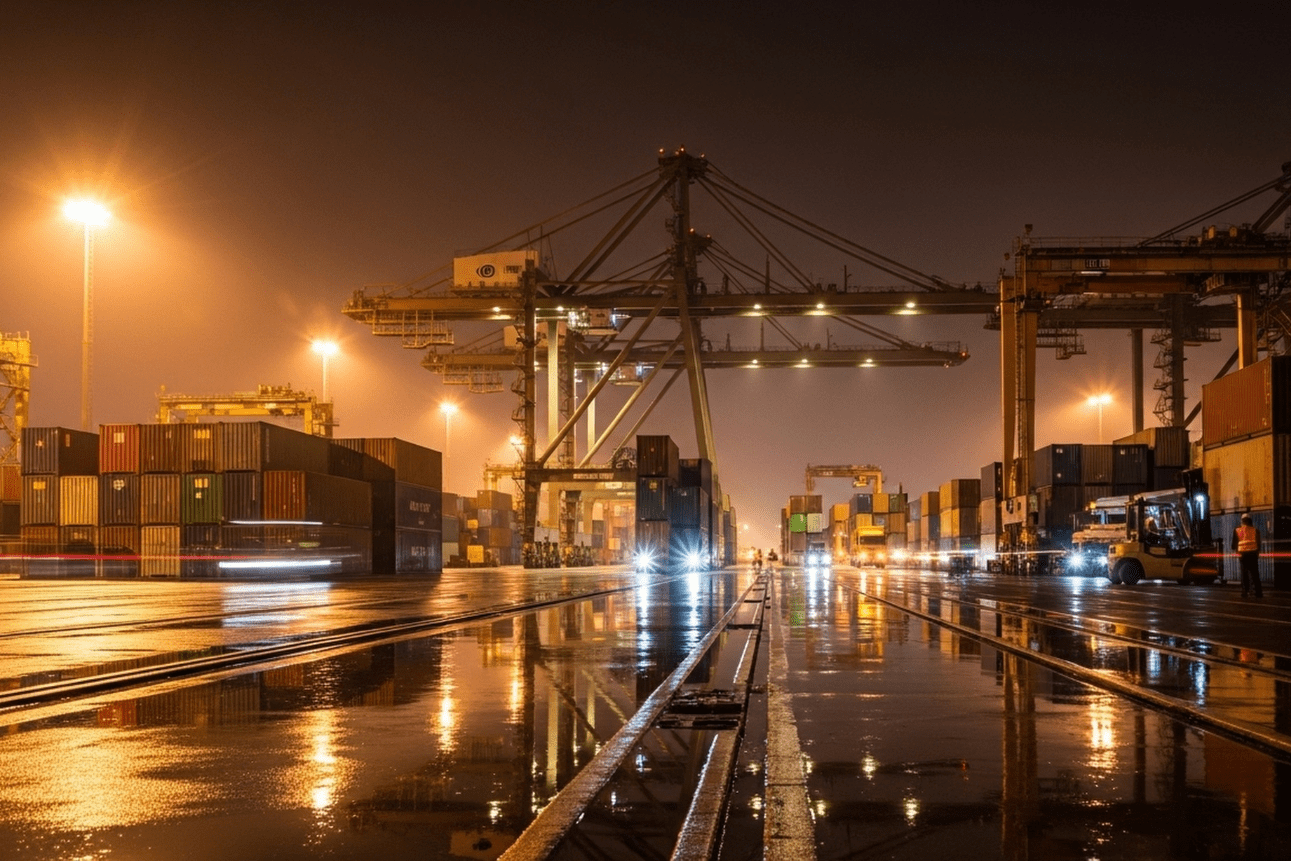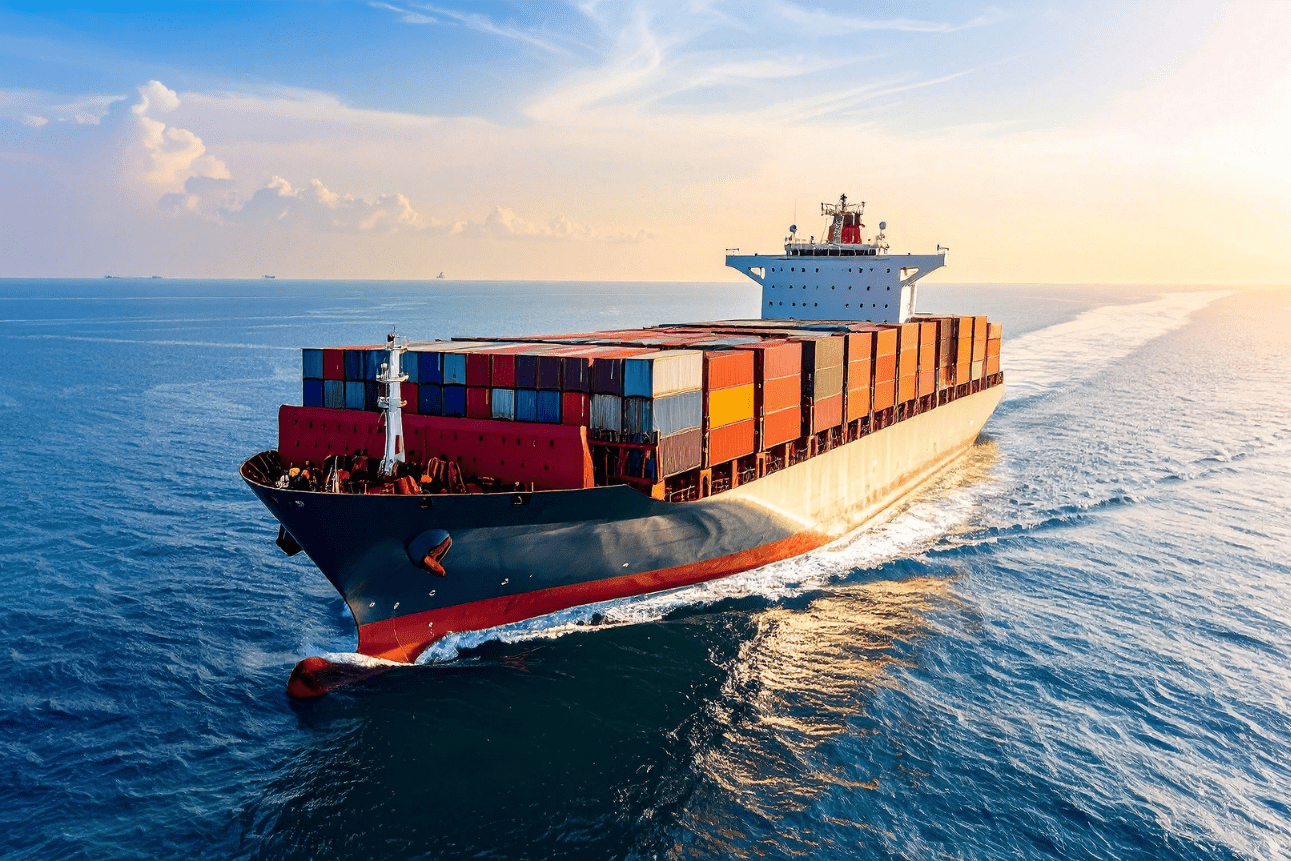How Outsourcing Logistics Services Can Help You Navigate Tariff Turbulence and Strengthen Your Supply Chain Outsourcing Strategy
Navigating Tariff Challenges: How Outsourcing Logistics Services Can Help Your Business Adapt
In response to recent global economic shifts, the U.S. has implemented new tariffs, including a flat 10% universal import tariff and increased country-specific levies. These changes have created significant challenges for companies, especially those dependent on international trade. For businesses to remain competitive and efficient, they must adapt quickly—especially within their supply chains.
One key strategy is outsourcing logistics services. By leveraging external expertise, businesses can find new ways to manage the increased costs associated with tariffs while maintaining operational efficiency. Additionally, an effective supply chain outsourcing strategy can ensure that businesses continue to meet customer demand without compromising on service quality.
How Outsourcing Logistics Services Helps Mitigate Tariff Impacts
1. Flexibility in Sourcing and Distribution
The flexibility offered by outsourcing logistics services is one of the most important ways to reduce the impact of tariffs. Outsourcing allows businesses to tap into a network of global partners, enabling them to adjust sourcing and distribution strategies more quickly. This means companies can diversify their supply chains, reduce reliance on high-tariff countries, and explore lower-cost alternatives—whether they’re in nearby countries or further afield.
By having a reliable outsourced logistics provider, businesses can move goods through more cost-effective channels, bypassing tariffs where possible and reducing overall cost burdens.
2. Cost Reduction and Optimization
Higher tariffs directly affect the cost of goods, but outsourcing logistics services provides an opportunity to streamline operations and reduce costs. Third-party logistics providers (3PLs) have the expertise to optimize inventory management, warehouse operations, and distribution routes. This leads to greater cost control and the ability to adjust quickly to fluctuating tariff rates.
A well-structured supply chain outsourcing strategy helps businesses focus on what they do best—while leaving logistics to the experts who can help minimize the financial impact of rising import duties.
3. Improved Supply Chain Resilience
Tariffs and other trade disruptions are often unpredictable, making supply chain resilience essential for long-term success. By integrating outsourcing logistics services, businesses can build more resilient supply chains. Outsourced logistics partners are already equipped with advanced technology, global expertise, and extensive networks. This allows businesses to pivot their operations more efficiently in response to tariffs or other trade disruptions.
Additionally, 3PLs typically use AI-driven tools to predict and mitigate potential supply chain bottlenecks, ensuring that goods are moved smoothly even in times of economic turbulence.
4. Enhanced Compliance and Risk Management
Complying with changing trade regulations and tariffs is critical, and failure to do so can result in fines or penalties. Outsourcing logistics services gives businesses access to professionals who are well-versed in the latest compliance standards, helping ensure that all imports and exports meet the necessary requirements.
Having an expert team manage the complexities of customs regulations as part of a supply chain outsourcing strategy helps businesses mitigate risk and navigate the murky waters of tariffs and trade regulations with ease.
Crafting a Winning Supply Chain Outsourcing Strategy
The key to successfully adapting to tariffs is having a flexible, robust supply chain outsourcing strategy that allows businesses to respond quickly to changes. Here’s how to build an effective strategy:
- Diversify Suppliers – Don’t rely too heavily on one region for sourcing. Expand your supplier base to minimize the risk of tariff-related disruptions.
- Embrace Technology – Use software to track shipments, manage inventory, and optimize routes. Investing in technology ensures better visibility and real-time responses to tariff impacts.
- Partner with Experienced Providers – Work with logistics providers that understand the nuances of international trade and tariff management. An experienced partner can help you optimize routes and identify opportunities for cost savings.
- Monitor Changes Actively – Stay informed about tariff changes and trade policies. Having an outsourced team that monitors the regulatory landscape allows you to be proactive rather than reactive.
Adaptation in a Changing Trade Environment
In today’s unpredictable trade environment, businesses must stay agile. Outsourcing logistics services is a strategic solution that helps companies adapt to tariff impacts by offering flexibility, cost optimization, and enhanced risk management. A strong supply chain outsourcing strategy ensures that your business remains competitive even as tariffs and trade regulations evolve.
By leveraging the power of logistics outsourcing, your company can navigate trade turbulence with confidence, all while maintaining operational efficiency and cost control.




